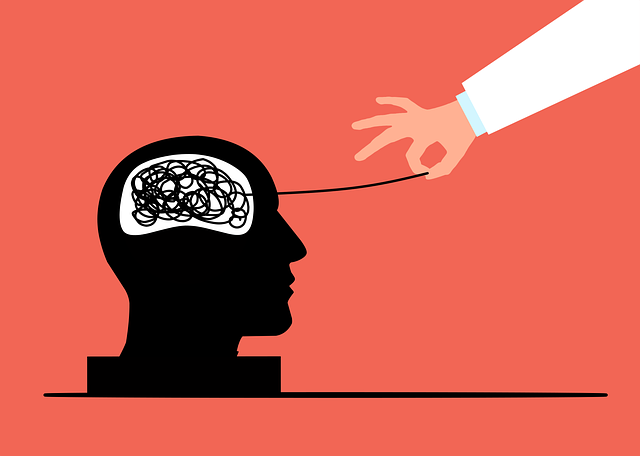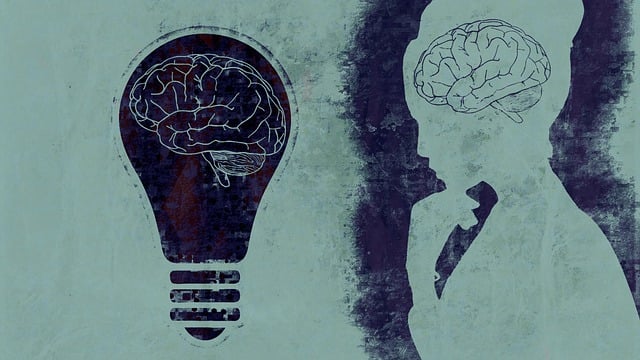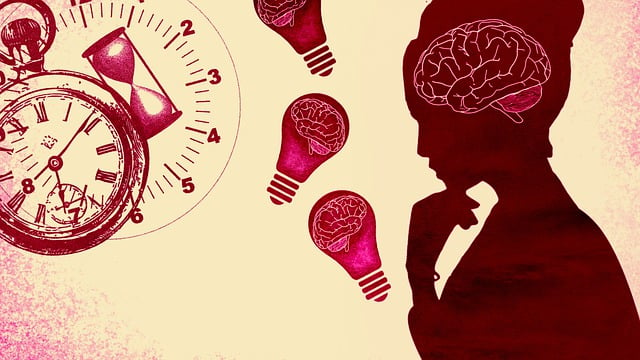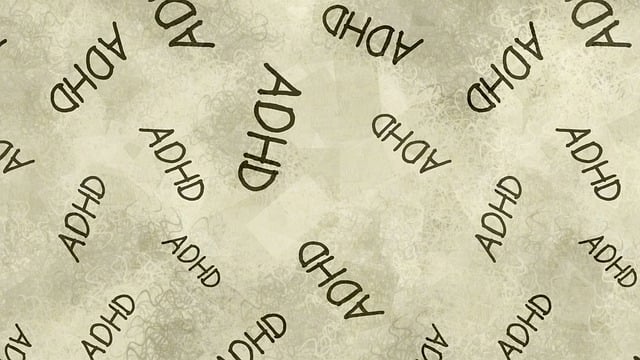Bipolar disorder, affecting millions globally, is a complex mental health condition requiring individualized therapy that combines medication and psychotherapy. Mental health policy advocacy ensures accessible, compassionate care, including burnout prevention for healthcare providers. Stress reduction methods, crisis intervention guidance, and resources like podcasts empower individuals managing the disorder. A multi-pronged approach includes mental wellness journaling, stress management workshops, community engagement, and self-care strategies like Cognitive Behavioral Therapy (CBT) and Interpersonal and Social Rhythm Therapy. Cultural competency training and regular risk assessment are vital for diverse populations to enhance support systems, improve outcomes, and elevate the quality of life for bipolar disorder patients.
Mental health advocacy plays a pivotal role in creating a more understanding and supportive society. This article explores initiatives aimed at improving mental well-being, focusing on bipolar disorder—a complex mental health condition. We delve into the transformative power of advocacy in increasing awareness, promoting early intervention, and providing essential resources for effective therapy. By examining strategies and available support, we aim to empower individuals living with bipolar disorder and encourage a culture of compassionate care.
- Understanding Bipolar Disorder: Unveiling the Complexities
- The Role of Advocacy in Mental Health Awareness
- Strategies for Effective Mental Health Advocacy Initiatives
- Supporting Individuals with Bipolar Disorder: Resources and Techniques
Understanding Bipolar Disorder: Unveiling the Complexities

Bipolar Disorder is a complex mental health condition characterized by extreme mood swings, ranging from intense mania to deep depression. It affects millions worldwide and presents unique challenges for both individuals living with it and healthcare providers. Understanding this disorder involves recognizing its intricate interplay of genetic, environmental, and neurochemical factors. The experience of bipolar disorder varies greatly from person to person, making its diagnosis and treatment a nuanced process.
Therapy for Bipolar Disorder often involves a combination of medication and psychotherapy. Mental health policy analysis and advocacy play a crucial role in ensuring accessible and effective treatments, including burnout prevention strategies for healthcare providers who dedicate their time to supporting those with bipolar disorder. By addressing the complexities of this condition, we can foster more compassionate and comprehensive support systems that improve outcomes and enhance the quality of life for individuals navigating bipolar disorder’s fluctuations.
The Role of Advocacy in Mental Health Awareness

Mental health advocacy plays a pivotal role in fostering awareness and understanding about various conditions, including bipolar disorder. Advocacy initiatives ensure that mental health issues are given the same level of importance as physical health concerns. Through powerful storytelling, sharing personal experiences, and educating the public, advocates break down stigma and stereotypes associated with mental illness. This is crucial for encouraging individuals to seek therapy for Bipolar Disorder and other mental health support without fear of judgment.
Crisis intervention guidance, often integrated into advocacy efforts, provides immediate assistance during manic or depressive episodes, potentially preventing more severe outcomes. Additionally, the production of Mental Wellness Podcast Series offers accessible resources, featuring expert insights and personal narratives that can help individuals navigate their mental health journeys. Promoting these podcasts broadens the reach of support networks, while emphasizing Stress Reduction Methods contributes to overall mental wellness, ensuring a proactive approach to managing bipolar disorder and other mental health challenges.
Strategies for Effective Mental Health Advocacy Initiatives

Mental health advocacy initiatives require a multifaceted approach to be truly effective. Firstly, mental wellness journaling exercises can empower individuals to track their emotional states, identify triggers, and monitor progress made in therapy for bipolar disorder or other mental health conditions. This practice fosters self-awareness and provides tangible evidence of healing and growth over time.
Additionally, stress management workshops organized by advocacy groups offer valuable tools and guidance for coping with daily stressors. By teaching mindfulness techniques, relaxation exercises, and positive thinking strategies, these workshops equip participants with essential skills to maintain mental wellness. Engaging communities in such initiatives ensures a supportive network where individuals feel understood, valued, and empowered to seek and provide support for improved mental health outcomes.
Supporting Individuals with Bipolar Disorder: Resources and Techniques

Supporting individuals with Bipolar Disorder requires a multi-faceted approach, combining both professional intervention and self-care strategies. Therapy for Bipolar Disorder is a crucial component in managing symptoms and improving quality of life. Cognitive Behavioral Therapy (CBT) is commonly used to help individuals identify and change negative thought patterns and behaviors. Interpersonal and Social Rhythm Therapy focuses on stabilizing daily routines and improving relationships, which are key factors in bipolar management.
In addition to therapy, coping skills development plays a vital role. Encouraging structured routines, stress management techniques, and healthy lifestyle choices can significantly aid in symptom control. It’s also essential for mental health professionals to undergo healthcare provider cultural competency training to effectively support diverse populations with bipolar disorder. Regular risk assessment is another critical aspect; identifying and mitigating potential triggers and risks helps prevent severe episodes.
Mental health advocacy plays a pivotal role in fostering understanding and support for individuals dealing with conditions like bipolar disorder. By shining a light on the complexities of this condition, as seen in our exploration of understanding bipolar disorder, we can empower those affected to seek help and access effective therapy for bipolar disorder. The strategies outlined in this article, when implemented through dedicated advocacy initiatives, have the potential to revolutionize mental health support, ensuring individuals with bipolar disorder receive the care they need to thrive. Through continued advocacy, we can create a world where mental health is prioritized, understood, and treated with the same importance as physical health.














